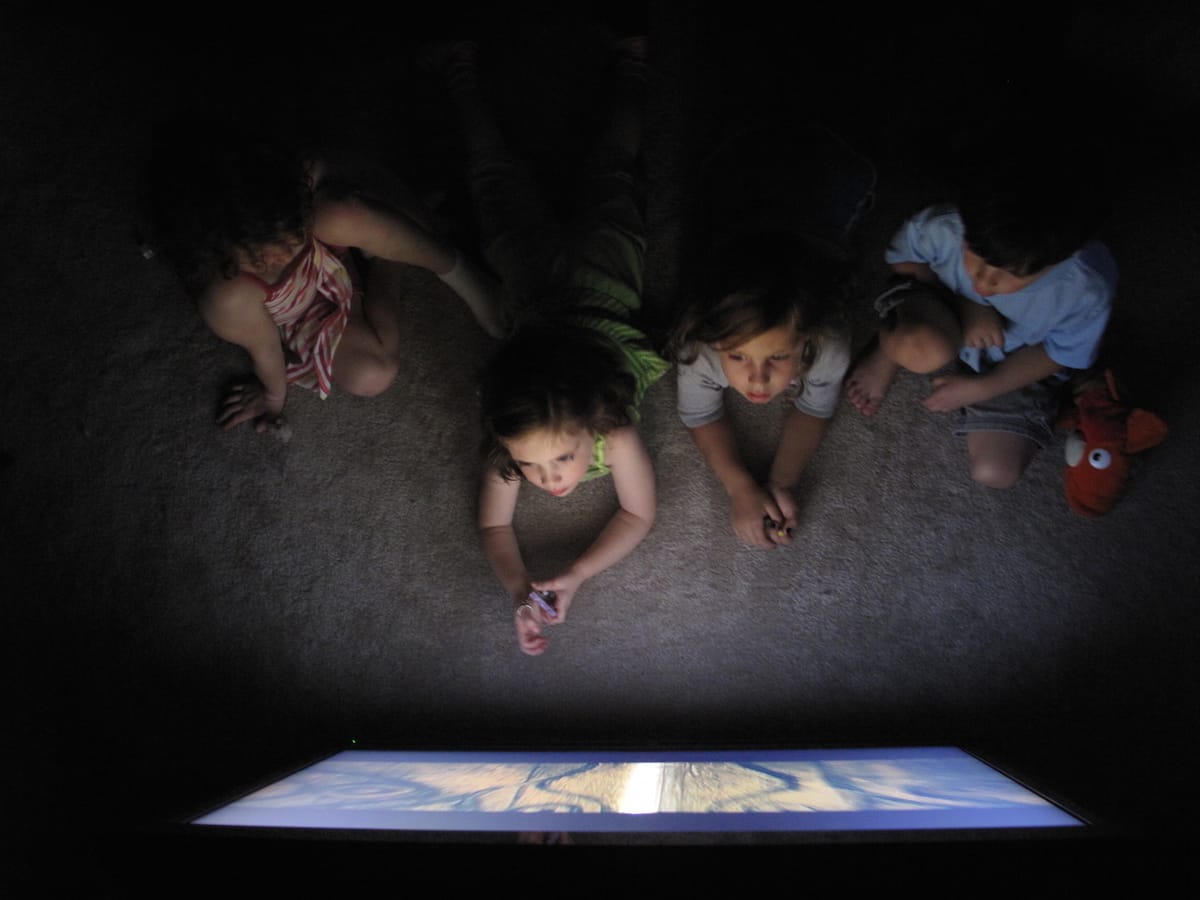My daughter comes to me after watching TV:
“Mom, I know what I want to save my money for. A laptop or a cell phone.”
She’s nine years old, and the money she’s talking about is her weekly allowance. As long as I’m her mother, she won’t be fulfilling either desire any time soon, but that doesn’t resolve the problem for me. I perceive it as something far bigger, more menacing and upsetting. Something not right.
Those insidious commercials! Our consumer-driven culture! Our insatiable kids! Those inexhaustible desires! How I want to put an end to them! Specifically, how I want to put an end to hers!
Or so we chant in the Four Bodhisattva Vows:
Desires are inexhaustible
I vow to put an end to them
What exactly do we mean by that? Have no desires? Want nothing? Is that what we really want? After all, it is desire that brings us to the dharma, desire for truth, and desire that brings us back to practice again and again.
My teacher Nyogen Roshi recounts a comment once made by Maezumi Roshi in response to a student who professed to having no desires.
“Your practice is wrong!” Maezumi replied.
Desire is not the problem, he went on. Attachment to desire is the problem. The clinging to what we like and the rejecting of what we don’t. We fool ourselves if we think our task is to have no desires. Our practice is to overcome ego-driven clinging and aversion, self-serving notions of right and wrong, good and bad, self and other. This is an altogether more subtle and thorough endeavor! How do we do that when we’re earnestly striving to raise our children the right way?
“Don’t pick it up if you can’t put it down,” Maezumi would advise.
Like all transiting tides, there is a shift in popular parenting advice these days. What you might think of as “good parenting” has been eclipsed by confessional “bad parenting.” The philosophy of “more parenting” is being disavowed by the champions of “less parenting.” Take care of yourself first, these experts say, and your child will turn out better.
When we merely switch our hold from one side of the pendulum to the other have we switched anything? When we merely exchange grasping with rejecting aren’t we still swinging on a vine? Lisa Belkin of The New York Times knew it when she wondered the same: “Is the apparent decline of overparenting (and its corollaries: feelings of competition and inadequacy) actually the same obsession donning a new disguise?”
Yes it is, Lisa, and the obsession is our desire to be right, no matter what the philosophy is called.
I’m uplifted when the mainstream media, typically buffeted by dueling opinions, comes within an eyelash of seeing the truth of the dharma. Now, come closer! There is no right way to parent, only a right now way.
My daughter and I turn off the TV. Our conversation changes. Momentarily, desire finds its own end, as it always does: momentarily after momentarily. The question is, am I satisfied with just this moment?
“Be greedy for the Dharma!” Maezumi said, and so I swallow it whole.
